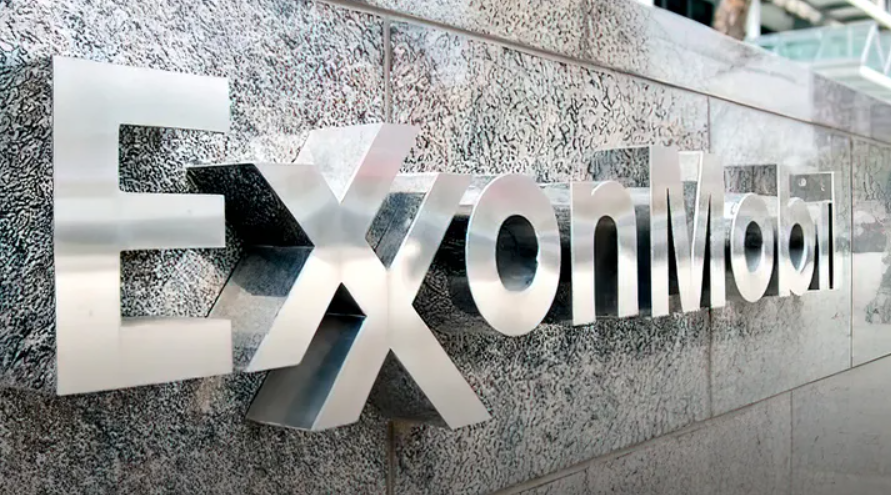ExxonMobil, the largest US oil company, is set to acquire Pioneer Natural Resources, a prominent shale oil producer, in a deal that will significantly boost Exxon’s presence in the Permian Basin in the Southwest United States. Pioneer is the leading producer in the Permian Basin, boasting 850,000 net acres in the Midland, Texas region, while ExxonMobil holds 570,000 net acres in the Delaware and Midland Basins.
With this acquisition, ExxonMobil’s Permian production is expected to more than double, reaching approximately 1.3 million barrels of oil equivalent per day. This move marks ExxonMobil’s expansion into the shale oil sector, which had driven substantial growth in US oil production over the past decade.
On Wednesday, Exxon Mobil announced its agreement to purchase Pioneer Natural Resources in a transaction valued at $59.5 billion, equivalent to $253 per share. Under the terms of the agreement, Pioneer shareholders will receive 2.3234 shares of Exxon for each Pioneer share they hold. The companies stated in a press release that this deal, Exxon’s largest since its Mobil acquisition, is anticipated to be finalized in the first half of 2024.
During premarket trading, Pioneer shares rose by nearly 2%, while Exxon experienced a decrease of over 2%.
“The combined capabilities of our two companies will provide long-term value creation well in excess of what either company is capable of doing on a standalone basis,” Exxon Mobil CEO Darren Woods said in a statement.
“As importantly, as we look to combine our companies, we bring together environmental best-practices that will lower our environmental footprint and plan to accelerate Pioneer’s net-zero plan from 2050 to 2035,” Woods added.
The announcement follows last week’s report in The Wall Street Journal, indicating that both companies were nearing a deal. Subsequently, Pioneer’s shares have surged by over 10%.
However, for the year as a whole, Pioneer’s performance has only shown a 3.9% increase. In contrast, the S&P 500 has seen a 13% rise during the same period. Exxon shares have also faced challenges in 2023, experiencing modest gains.
The deal may encounter regulatory challenges due to the Biden administration’s increased scrutiny of mergers, particularly on antitrust concerns. Furthermore, the administration has criticized major oil companies for high oil and gas prices, although these prices are largely determined by global markets rather than the companies themselves.
(Source: Fred Imbert | CNBC | Chris Isidore | CNN)









